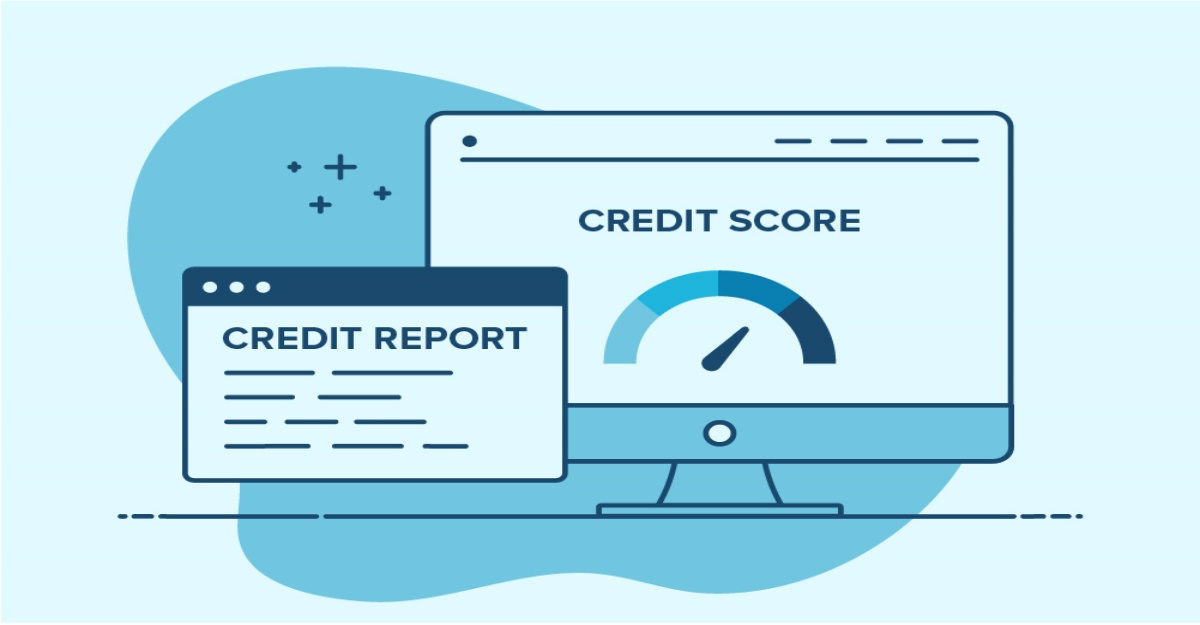Your credit score is more than just a number; it’s a crucial factor in your financial health. Whether you’re applying for a mortgage, car loan, or credit card, a good credit score can make all the difference. Understanding how credit scores work and taking proactive steps to improve yours can open doors to better financial opportunities. Here’s a comprehensive guide to help you navigate the world of credit scores:
What is a Credit Score?
A credit score is a three-digit number that reflects your creditworthiness based on your credit history. It ranges typically from 300 to 850, with higher scores indicating lower credit risk. Lenders use your credit score to assess the likelihood that you will repay borrowed money responsibly.
Key Factors Influencing Your Credit Score
- Payment History: This is the most critical factor affecting your credit score. Making on-time payments for loans and credit cards demonstrates responsible financial behavior.
- Credit Utilization Ratio: This ratio compares your total credit card balances to your total credit limits. Keeping this ratio low (below 30%) shows that you manage credit responsibly.
- Length of Credit History: The length of time you’ve had credit accounts impacts your score. Generally, a longer credit history demonstrates stability and responsible credit use.
- Types of Credit: Having a mix of credit types, such as credit cards, installment loans, and mortgages, can positively affect your score. It shows that you can manage different types of credit responsibly.
- New Credit Inquiries: When you apply for new credit, a hard inquiry is recorded on your credit report. Multiple inquiries within a short period can lower your score temporarily.
Strategies to Improve Your Credit Score
- Check Your Credit Report Regularly: Review your credit report from each of the three major credit bureaus (Experian, Equifax, TransUnion) annually to ensure there are no errors or fraudulent activities.
- Pay Your Bills on Time: Set up payment reminders or automatic payments to avoid late payments, which can significantly impact your score.
- Reduce Credit Card Balances: Aim to keep your credit card balances low relative to your credit limits. Paying down debt can improve your credit utilization ratio.
- Limit New Credit Applications: Avoid opening multiple new accounts within a short period. Each new application results in a hard inquiry, which can lower your score temporarily.
- Keep Old Accounts Open: Closing old accounts can shorten your credit history and reduce your overall available credit, potentially lowering your score.
- Use Credit Responsibly: Use credit cards and loans responsibly, and only borrow what you can afford to repay. Responsible credit management over time can improve your score.
Monitoring Your Progress
Improving your credit score takes time and consistent effort. Monitor your progress by checking your credit score regularly through free credit monitoring services or your bank’s online portal. Celebrate milestones as your score improves and continue implementing healthy credit habits.
Conclusion
Your credit score is a powerful financial tool that can impact your ability to achieve important milestones such as buying a home or securing a low-interest loan. By understanding the factors that influence your score and implementing strategies to improve it, you can unlock better financial opportunities and achieve greater financial stability. Start applying these strategies today to take control of your credit health and pave the way towards a brighter financial future.





 GOOGL
GOOGL  META
META
Leave a Comment